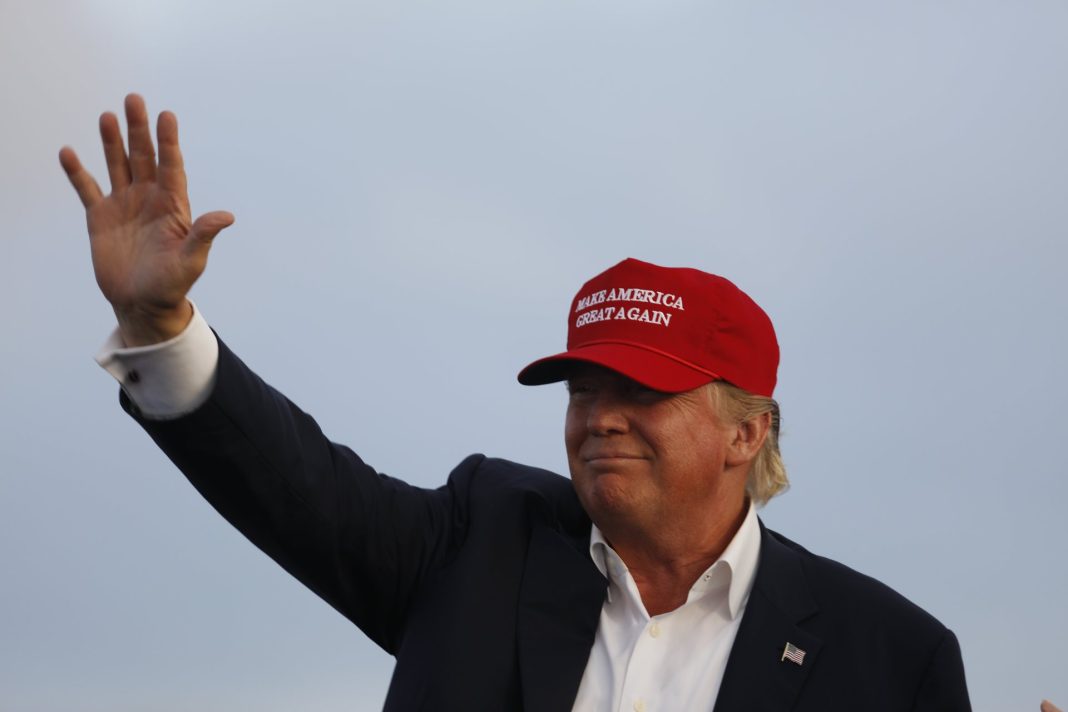Donald Trump’s previous presidency focused heavily on rolling back government regulations to stimulate the economy. As he prepares for a new term in 2025, it’s worth examining the effects of his earlier efforts and what similar policies could mean for your finances in the future.
Here are five areas where deregulation could save—or cost—you money.
1. Financial Regulations

During his earlier tenure, the Trump administration delayed the implementation of the Department of Labor’s fiduciary rule, which was designed to ensure that financial advisors act in their clients’ best interests. This delay raised concerns about potential conflicts of interest in financial advice.
In addition, the Economic Growth, Regulatory Relief, and Consumer Protection Act raised the asset threshold for banks subject to stringent oversight from $50 billion to $250 billion, reducing regulatory burdens on smaller banks. Critics argue this could increase consumer risks while making compliance easier for financial institutions.
Strong financial management is critical when navigating deregulation’s potential risks.
Pro Tip: If you’ve got at least $100,000 in investments, check out SmartAsset. They match you with vetted fiduciary advisors who can help you make smart financial decisions.
2. Healthcare Policies

The first Trump administration sought to scale back parts of the Affordable Care Act (ACA). While the ACA was not repealed, certain provisions were weakened, such as the elimination of the individual mandate penalty requiring Americans to maintain health insurance.
These changes had mixed effects, with some Americans experiencing reduced coverage and increased out-of-pocket costs. Future deregulation efforts in a new term could further impact healthcare accessibility and affordability.
Saving for health-related costs is essential when confronted with potential changes to healthcare policies.
Pro Tip: If you have a high-deductible health plan, consider opening a Lively HSA to save tax-free for medical expenses.
3. Environmental Regulations

During his initial term, Trump rolled back environmental protections, including regulations on water quality and emissions standards. The administration aimed to reduce compliance costs for businesses, particularly in industries like energy and manufacturing.
While supporters argued these changes boosted economic activity, critics warned of long-term consequences for public health and environmental sustainability. Similar policies in a second term could continue to prioritize industry growth over environmental safeguards.
If you’re considering making your home more sustainable, having access to funds can help you act quickly.
Pro Tip: A home equity loan is a great way to access fast cash. Take a minute right now and see how much you can get, how fast you can get it and how little you’ll pay.
4. Energy Sector Deregulation

Trump’s energy policies focused on promoting domestic oil, natural gas, and coal production by easing regulations on fossil fuel industries. This included streamlining permit processes and reducing restrictions on drilling and mining.
While these efforts lowered energy companies’ costs and boosted production, they were criticized for contributing to environmental degradation and climate change. Future policies could further influence energy prices and the push for renewable energy sources.
Making smart decisions on energy-related spending and investments can help you stay ahead of these changes.
Pro Tip: Hedge your bets with gold. It’s been a trusted hedge against uncertainty for centuries. Learn more by visiting our Gold IRAs.
5. Consumer Protections

The Trump administration targeted industries like payday lending, reducing oversight to curb predatory practices. While deregulation relieved some businesses, it also raised concerns about weakened consumer protections, particularly vulnerable populations.
Understanding your rights and avoiding high-cost financial products is crucial during periods of deregulation. Instead, look for additional income streams.
Pro Tip: Earn up to $1000 per month doing simple tasks with FreeCash!
What Trump’s Deregulation Could Mean for Your Finances
Trump’s past deregulation efforts reshaped industries, affecting everything from personal finance to the environment. As he prepares for a new term, similar policies could create new opportunities for growth while posing risks for consumers.
Staying informed and proactive can help you navigate these potential changes and protect your financial well-being.


